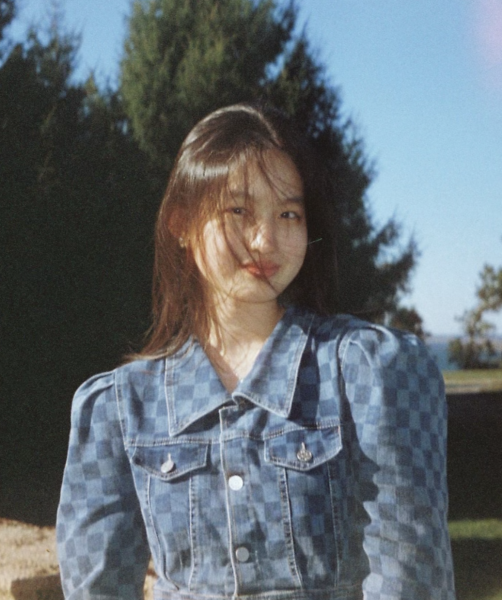Recent blockbuster film and prequel to the popular Hunger Games trilogy, The Ballad of Songbirds and Snakes has captivated millions across the globe.
Suzanne Collins’ 2020 novel takes readers back to the dystopian world of Panem and delves into the origins of President Coriolanus Snow, a villainous character whose motives and actions have long intrigued Hunger Games fans. A story of the Tenth Annual Hunger Games, this prequel offers a compelling exploration of morality, power, and descent into darkness.
The novel introduces us to a Coriolanus, who is young, impressionable, and uncertain about his future. Picture this: a Capitol trying to find its post-war footing, districts in dire straits, and a Hunger Games that’s both a spectacle and a symbol of twisted power plays.
The centerpiece of the narrative is the relationship between Coriolanus and the District 12 tribute, Lucy Gray Baird, a captivating and enigmatic character. Their dynamic adds depth to the story, showcasing Coriolanus’ evolving emotions, manipulations, and internal struggles as he forms an unexpected connection with Lucy Gray.
One of the novel’s strengths lies in its exploration of the blurred lines between heroism and villainy. As readers witness Coriolanus’s choices and rationalizations, they are compelled to confront their own perceptions of morality. The narrative raises thought-provoking questions about the nature of power and the lengths that individuals are willing to go to protect their own power: What are we willing to give up in our pursuit for success? Who are we willing to betray, and what version of ourselves will be left behind?
Collins not only challenges what we believe about heroes and villains, but also how we want to view ourselves. Are we giving too much of ourselves and our mental health in the pursuit of academic validation? Are we betraying our friends and family—betraying each other—by letting time slip by, not living in the present? Are we leaving the carefree versions of ourselves behind without realizing that there is no way back?
So, if you’re up for a thought-provoking read that isn’t just about games and power but also about human choices and morality, this prequel is your ticket. It’s a backstage pass to the origins of one of literature’s most iconic antagonists. Get ready to question everything you thought you knew about heroes, villains, and the messy stuff in between.


